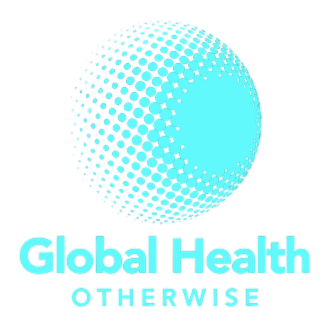Global health initiatives (GHIs) like the Global Fund and Gavi have been around since the early 2000s, pooling money to fight diseases like HIV, tuberculosis, and malaria.
While they’ve saved lives, Witter and colleagues (2025) highlight growing concerns about how these initiatives sometimes disrupt local health systems by focusing too narrowly on specific diseases or bypassing government control. The paper examines the political and financial forces that keep GHIs operating this way, even when reforms are needed.
The study reveals that GHIs often compete for funding, leading to fragmented and short-term projects that don’t always align with countries’ broader health goals. For example, in Senegal, HIV programs get more money than non-communicable diseases, even though the latter are a bigger health burden. In Pakistan, GHIs create parallel systems that weaken government leadership. Meanwhile, power imbalances persist—wealthy donor countries and big NGOs often have more say than the countries receiving aid.
The authors argue that GHIs must shift toward supporting stronger, locally led health systems rather than just funding disease-specific projects. They recommend better coordination, transparency, and accountability to ensure these initiatives truly help countries achieve long-term health goals.
GHIs like the Global Fund save lives but often disrupt local health systems. Witter and colleagues (2025) urge reforms to align funding with country needs, reduce fragmentation, and empower governments.
Original link:https://lnkd.in/dj8fWm6S
Sophie Witter, Natasha Palmer, Rosemary Jouhaud, Shehla Zaidi, Séverine Carillon, Rene’ English, Giulia Loffreda, Emilie Venables, Shifa Salman Habib, Jeff Tan, Fatouma Hane, Maria Paola Bertone, Seyed‐Moeen Hosseinalipour, valéry ridde, Asad Shoaib, Adama Faye, Lilian Dudley, Karen Daniels
MS, QS, LMHC and Karl Blanchet Luchuo Engelbert Bain Nigeria Health Watch Global Health Association of Kenya (GHAK) Social Epidemiology Lab IFMSA | International Federation of Medical Students’ Associations
SOURCE: https://www.linkedin.com/feed/update/urn:li:activity:7349350406788935681

